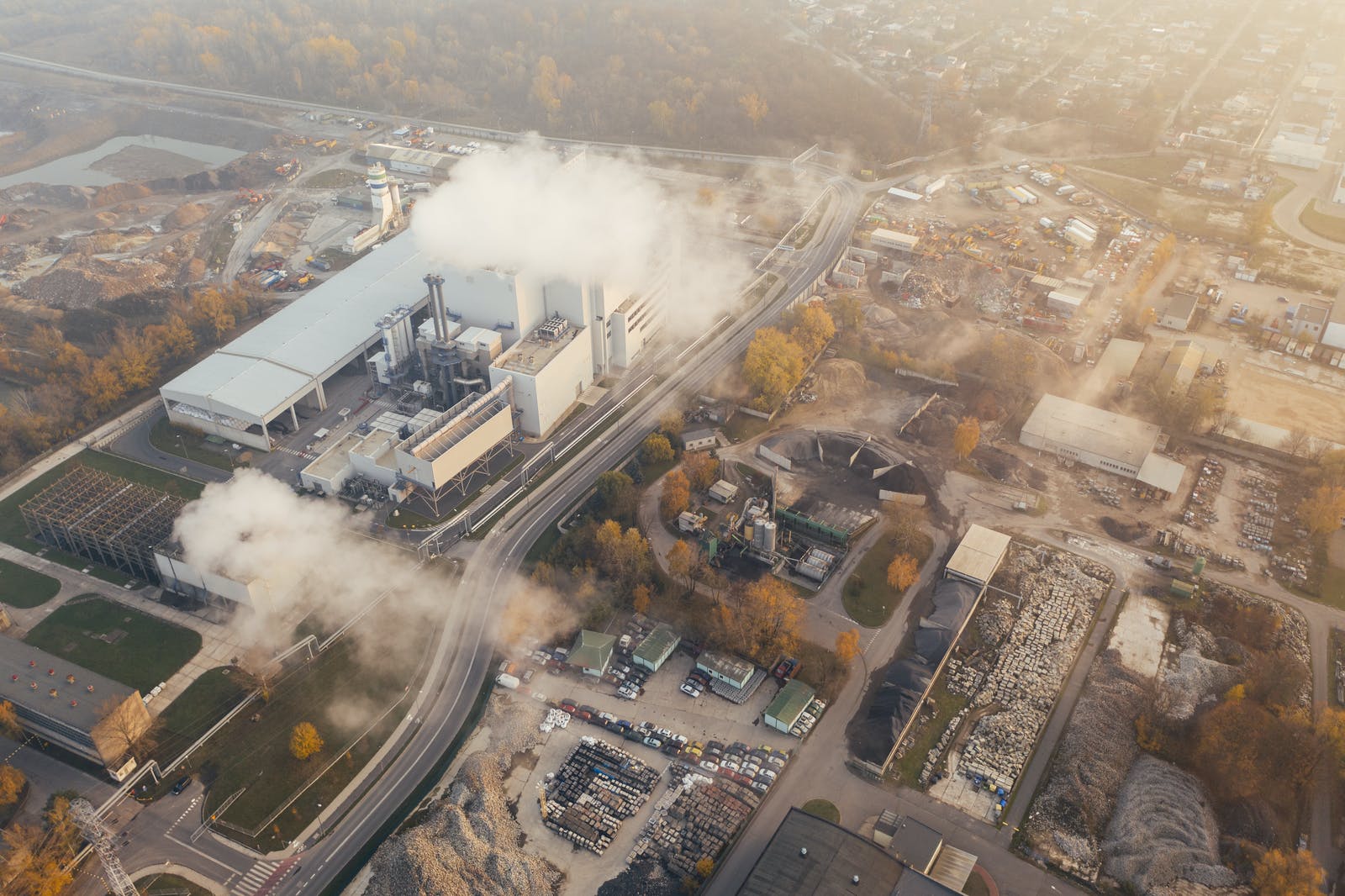
Rein in the Regulators: Could California’s Forthcoming Ban on the Sale of New Gas Cars Have Been Stopped?
For 11 consecutive days to start September, California told residents to cut their electricity use at night to avoid rolling blackouts. Amusingly, the state recommended that residents avoid charging electric automobiles mere days after passing an electric-vehicle mandate that bans the sale of new gas vehicles starting in 2035. The state’s elected leaders tout the rule as the law of the land, while 17 additional states that often adopt California regulations are weighing their options.
Though its consequences are momentous, the gas-powered car ban did not come from the California legislature. A majority of 14 unelected bureaucrats on the California Air Resources Board (CARB) made a sweeping regulatory decision that will soon affect every state resident. The pros and cons of the ban—which mandates that 35 percent of new cars sold in California be electric in 2026, 68 percent in 2030, and 100 percent in 2035—have been hotly debated. The power that CARB and other regulators have over citizens, however, deserves more attention.
CARB does not cite a state or federal statute to support its new regulation. Rather, the agency points to its general power to ensure clean air in California and to an executive order calling for a gas-car phase-out. Opponents have argued that CARB lacks authority to issue such sweeping regulations without legislation. “In general,” CARB’s own website concedes, “the rulemaking process begins with an initial enabling law, passed by the California legislature and signed by the Governor.”

Stay Informed
Sign up to receive updates about our fight for policies at the state level that restore liberty, accountability, and innovation in American governance.
